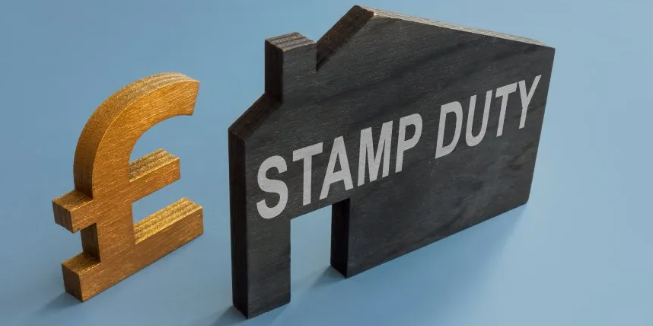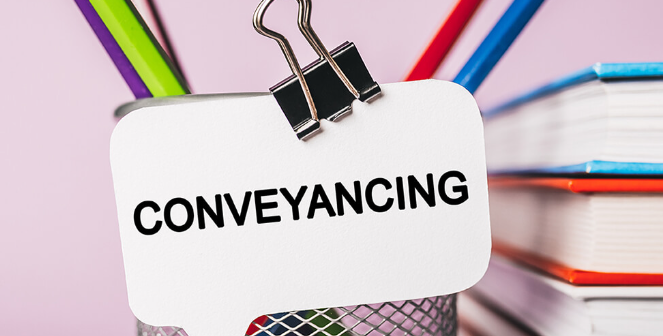Conveyancers are legal professionals who specialise in dealing with the legal aspects of land and property sale and purchase. They can be either specialist solicitors or licensed conveyancers. Both will have significant knowledge and experience.
When might you need a conveyancer?
There are lots of legal regulations and hoops to jump through when it comes to the ownership of property or land. You will need a conveyancer when buying or selling a property, subdividing land, updating a property title or leasing.
A conveyancer can guide you through the process and deal with the legal paperwork and communications between all parties.
Conveyancing Costs
Conveyancing costs can vary based on a number of factors, including (but not only) the value of the property, whether the property is leasehold or freehold, the source of funds, and the age of the property.
Conveyancers tend to have to spend more time on sales that involve high-value properties. This is because the financing is often more complex, and more due diligence and negotiation may be required.
If a property is leasehold, it tends to be more intricate from a legal perspective compared to a freehold – due to things like ground rent, lease terms, and service charges.. This will likely mean more time for the conveyancer, and subsequently a higher cost.
The source of funds can affect the amount of conveyancing required. For example, if a gifted deposit or Help to Buy ISA is involved, this will require extra checks and paperwork.
The age of a property can significantly impact conveyancing costs. For example, the work required for new-build properties will often be more complicated than for older properties because of factors such as developer involvement, construction warranties and building regulations.
Conveyancing Specialists
If you are in need of a conveyancing expert, there are plenty of legal firms who can help. Many of these, such as https://www.samconveyancing.co.uk/conveyancing-quote, have useful online resources, including quick calculators.
What do conveyancing fees usually include?
As a general rule, conveyancing fees will include legal fees plus a variety of other charges that are referred to as ‘disbursements’.
These include things like money laundering checks, bankruptcy searches, copies of any title deeds, conveyancing searches (including local, environmental, and drainage), electronic funds transfer fees, Land Registry registration, paperwork relating to Stamp Duty and Land Transaction Tax, and leasehold fees (if applicable).
To summarise, conveyancing quotes can vary because of a range of factors and it is important to be aware of what is included in any quotes you are given. Some firms will offer a guaranteed set fee whilst others may charge by the hour. Additionally, some may charge more for a more personalised service





